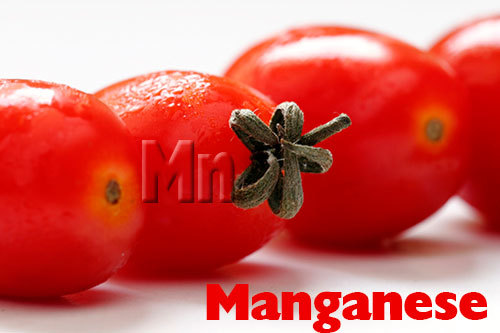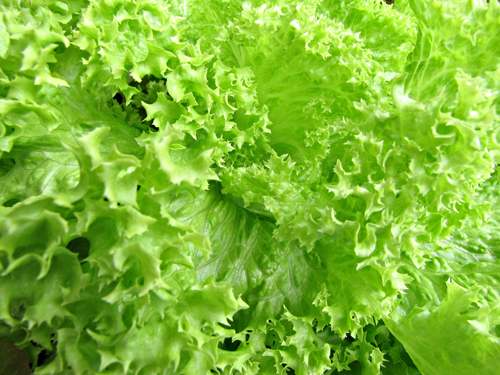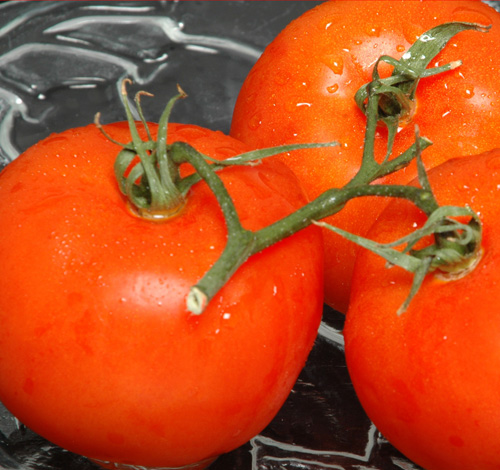The nutrient content of water soluble hydroponic fertilizers is not always clearly indicated on packaging. It is fine that fertilizer companies take control out of our hands by formulating nutrient solutions for us, but there are times that we want to take control ourselves. That usually happens when things are not working out and yields [...]
Calcium and Boron have a close relationship in the plant. Their absolute concentrations and the relative ratio between the two affects how much of each can be absorbed. Both play an important role in growth points, or rather meristematic tissue. Although both these nutrients are not problematic in most crops, it is good to know [...]
The concentration of manganese (Mn) can vary significantly in re-circulating nutrient solutions. Crop uptake of manganese cannot be explained to this high variation and the only explanation is manganese oxidising bacteria or variation of pH of the nutrient solution. It is actually a combination of both manganese oxidising bacteria and solution pH. Manganese availability to [...]
The ammonium/nitrate ratio in the nutrient solution is important since it can have a significant effect on the quality and total yields of the tomato crop. Both NO3- and NH4+ are the most important sources of nitrogen in the plant. The ammonium/nitrate ratio has only become critical, and a problem, since growing without soil became commercially [...]
It is often quite difficult to identify a deficiency or toxicity symptom in the field because they never really occur as a single element deficiency or toxicity. Each of the elements are inter dependent and they influence each other within certain ratio’s. One would find for instance that phosphorus toxicity, is expressed as either a [...]
Tomato fertigation is a complex subject in hydroponics. It is climate sensitive and everybody has an opinion of what works. The point is, tomatoes are sensitive to water stress (too little water) and to water logging (over watering). They are not as sensitive as peppers or cucumbers. Water stress or water logging will reduce plant [...]
Fertigation of peppers is sometimes more of an art than science since plant requirements change as the weather/climate change. Learn how to read your plants and identify good and bad stress symptoms. Peppers are sensitive to water stress (to little water) and to water logging (over watering). Any of these two conditions will reduce plant [...]
The word ‘chelate’ is derived from the Greek word meaning ‘claw’. Many of the micro elements such as Fe, Mn, Cu and Zn are difficult for the plant to absorb and in some cases, deficiency symptoms may occur if these micro-elements are not made available to the plant in chelated form. A chelate is a [...]
Great care should be taken when working with chemicals. It is important to adhere to the following guidelines, which can be applied to all types of chemicals: Always keep the same type of chemical together. Always close the containers properly. Never leave any container open so that the gasses can escape. Place a brick or [...]



